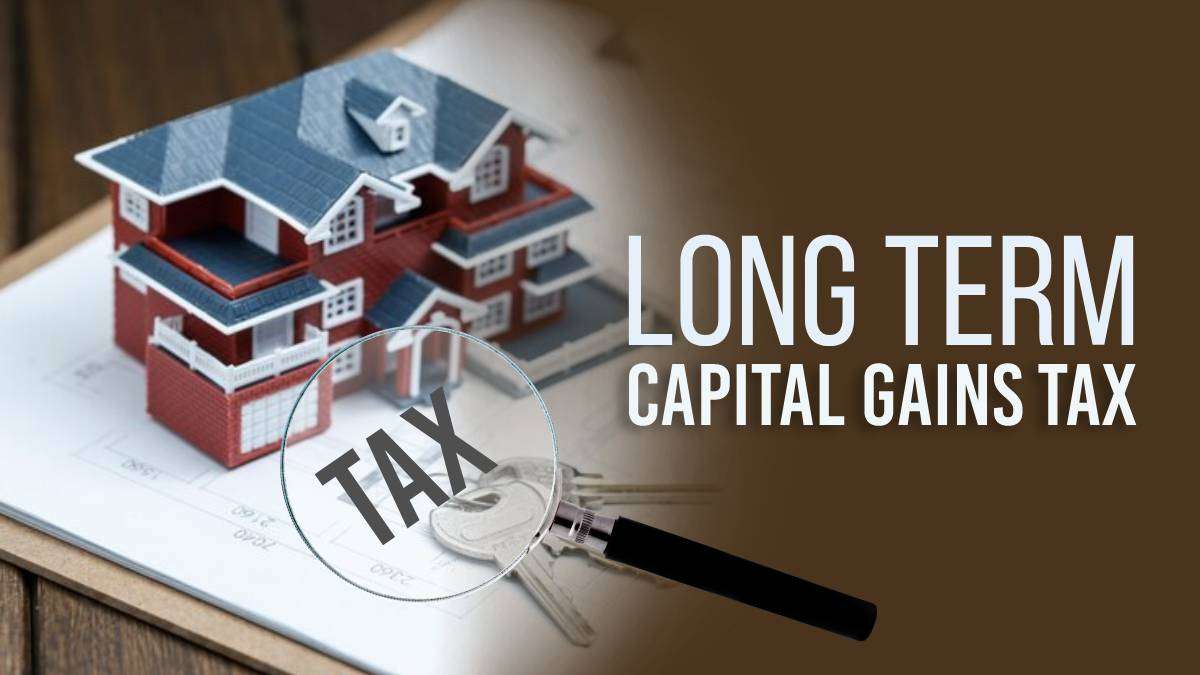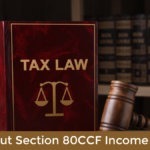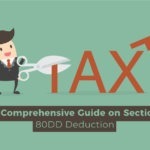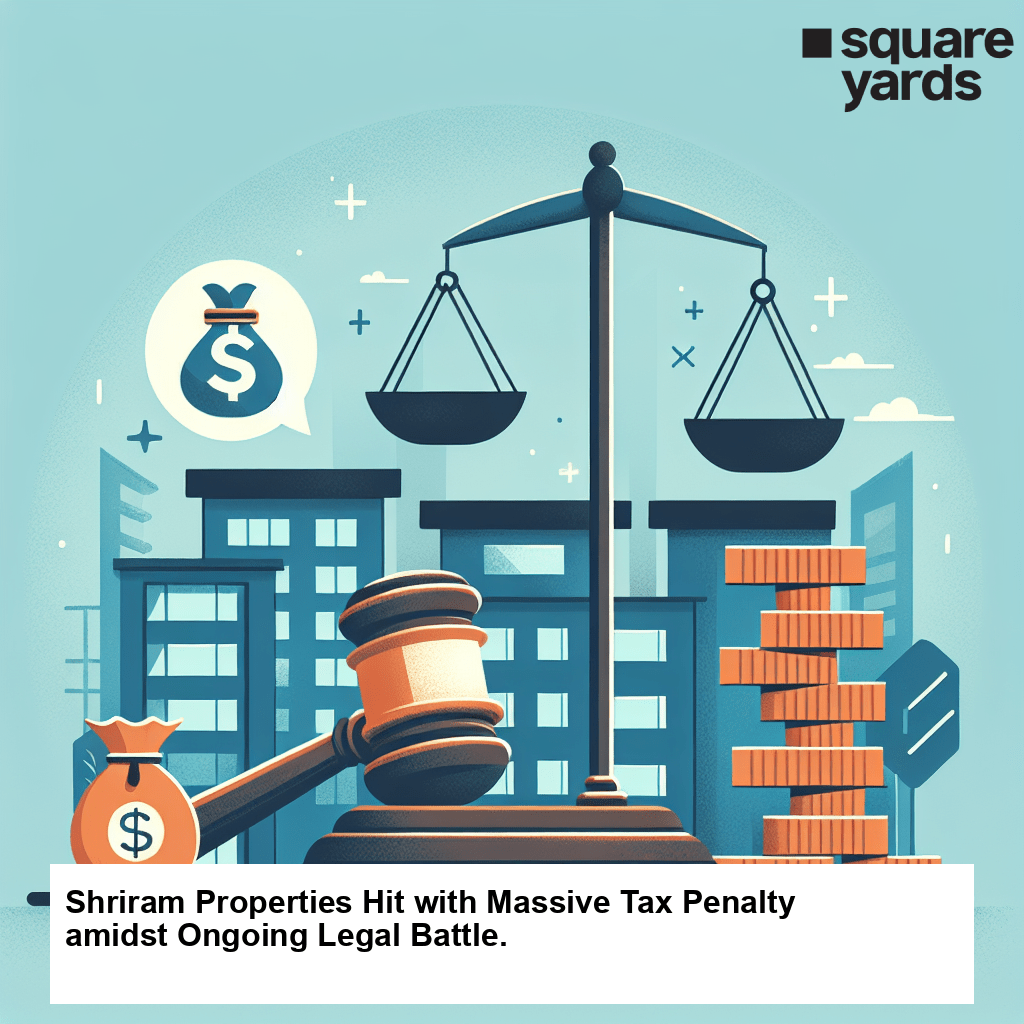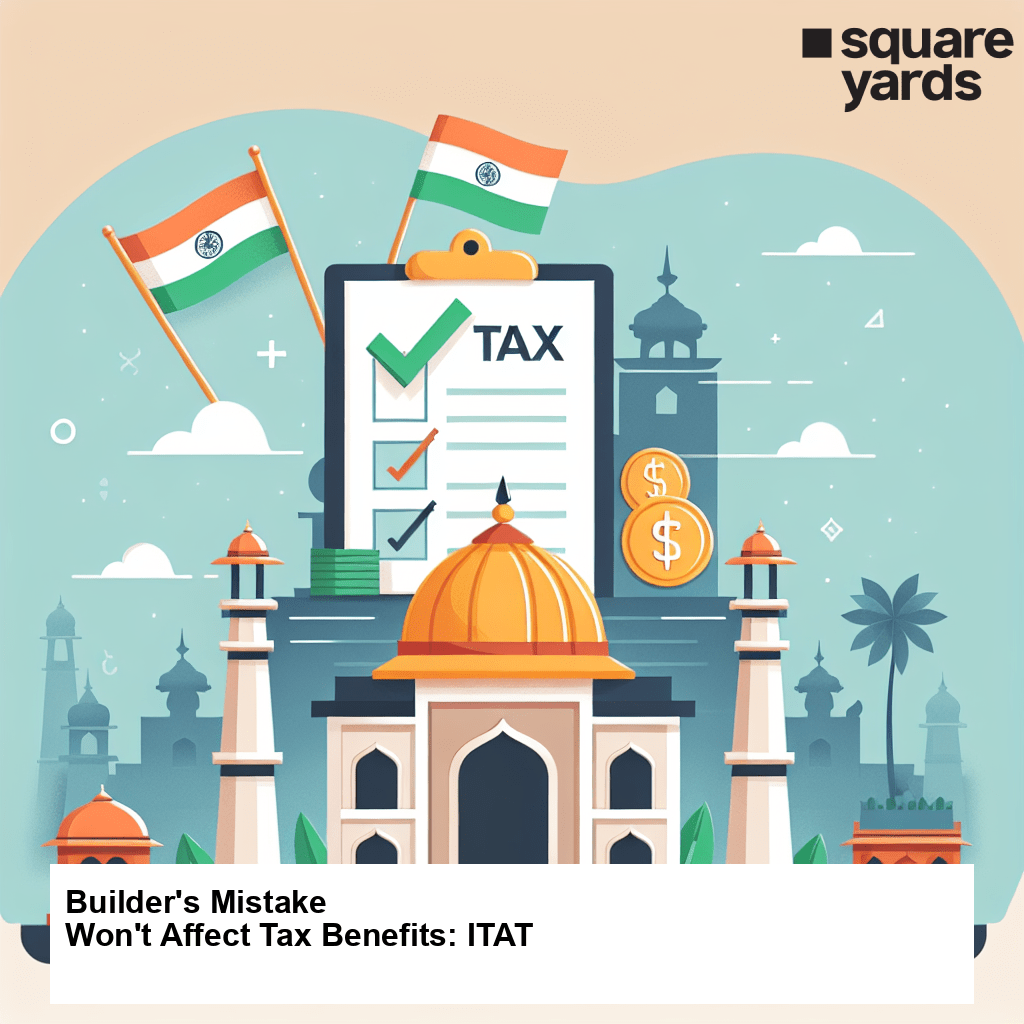The capital gains earned through equity funds are tentative. You earn short-term capital gains or long-term capital gains based upon the investment holding period. If you fall under the category of long-term capital gains and are looking forward to applicable LTCG tax, then we have got you covered. This blog encapsulates everything right from the fundamental definition to the long-term capital gain tax rate and computation method.
Table of contents
- What is Long Term Capital Gain Tax (LTCG)?
- How to Calculate Long Term Gain Tax?
- The Method of Calculating the Gain (Computation of LTCG Tax)
- Tax on Long Term Capital Gains: LTCG Tax Rate
- Long Term Capital Gain (LTCG) Tax Exemptions
- Short-Term Capital Gains Tax Vs Long Term Capital Gains Tax
- Frequently Asked Questions (FAQs)
What is Long Term Capital Gain Tax (LTCG)?
Long-term capital gains, well-known as LTCG, are investments that give profits over a prolonged time frame. Long-term capital gains are defined as investments that provide profits over a period of one to three years.
When you make an investment, it is made with the intention of making a profit and earning prodigious returns. There are investments that help in generating returns in a short time frame and other investments provide returns over an extended time frame of up to three years. Long-term capital gains are defined as profits generated from assets, including mutual funds and zero-coupon government bonds.
Key Takeaways
- Long-term capital assets consist of stocks, zero-coupon bonds, valuable metals or jewellery, mutual funds, equities as well as real estate.
- When a capital asset is sold at a higher price than the purchase price, it gains capital gains.
- If you sell a capital asset within 12 months, it will result in STGC (short-term capital gains) and will be liable to taxation similar to ordinary income.
- At the same time, when you sell capital assets after 1 year or longer, it will result in long-term capital gains. Although, they will be subject to taxation (0, 15, or 20 percent).
- Flat 28 percent of capital gains tax is levied on gains correlated to antique pieces, jewels, precious stones, coins together with other collectables.
After being familiar with LTCG, the very next crucial thing is the computation mechanism. How are you going to compute your long-term gains?
How to Calculate Long Term Gain Tax?
From the financial year 2018-2019, long-term capital gains have been listed into taxable components.
Before the commencement of Union Budget 2018, long-term capital gains were tax-free. Although, earlier they were subject to STT or Security Transaction Tax. At the same time, STCG was liable to taxation at 15%.
Earlier, LTCG was kept tax-free with the objective of increasing investor participation across the equity market. With the updated budget, long-term capital gains of above INR 1 lakh will be taxed at 10 percent. Additionally, the investors will not be able to enjoy indexation benefits anymore.
To understand, how long-term capital gains are calculated, let’s go through an example:
Let’s hypothetically assume, Varun invested INR 1,50,000 within an equity fund at NAV of INR 10 in May 2016. He redeemed all the units in June 2019. At this time, he redeemed the same at a NAV of INR 30. This gain will fall in the category of long-term capital gain as Varun held the investment for more than a year.
Varun had 15,000 units in total (INR 1,50,000 / INR 10) in May 2016.
| Particulars | Amount in INR |
| Sale Consideration (A)/ [15,000 units at the rate of INR 30] | INR 4,50,000 |
| Less: Acquisition Cost (B) | INR 1,50,000 |
| Long-term capital gains [A-B] | INR 3,00,000 |
| Time frame of Holding investment | More than 12 months |
| Applicable Tax Rate | 10 Percent |
| Long-term capital gains above INR 1 lakh in a Fiscal Year | INR 2,00,000 * 10 percent INR 20,000 |
The Method of Calculating the Gain (Computation of LTCG Tax)
Following is the step-by-step procedure for computing LTCG tax:
- First, compute the value of the indexed cost of acquisition.
Indexed Acquisition Cost is equal to Purchase Price * (CII of the purchase year/ CII of sales year)
2. Second, use the indexed cost of acquisition value for the computation of actual gains.
Actual Gain is Equal to Sale Price – Indexed Acquisition Cost
For a better understanding, let’s refer to an example. It will help you out in placing the values at appropriate places to compute significant values.
Raju invested in real estate by purchasing a house worth INR 20 lakhs. Now, after five years of time frame, he decided to sell the property.
As per the current scenario and property rate, he somehow managed to sell the property at INR 35 lakhs. Let’s consider that CII or cost inflation index was 543 at the time of property purchase. At the time of selling the property, it increased to 667.
The indexed cost of acquisition as per the formula mentioned in step 1 will be: 20,00,000 * (667/543)
Which is equal to INR 24,56,722
Using this value to compute actual gains:
35,00,000 – 24,56,722
Which equates to INR 10,43,278
Tax on Long Term Capital Gains: LTCG Tax Rate
The basic tax rate levied on long-term capital gains is 20 percent. Additionally, the investor is supposed to pay extra cess as well as surcharges such as education cess (wherever applicable). The government tried to ease the tax burden and put forward specific exceptions applicable under special circumstances.
If the capital gain is eligible for such exemptions, the tax rate will be reduced to 10 percent from 20 percent. Although, other surcharges, as well as cess, will remain the same.
In Raju’s case scenario, actual gain didn’t qualify for the exemption. Thus, we can compute the liable tax on the taxation amount of INR 10,43,278.
- The rate of tax is 20 percent of the actual gain, i.e., INR 2,08,655
- Taxable amount + Cess of 3 percent, which equates to INR 2,14,914
Long Term Capital Gain (LTCG) Tax Exemptions
The government knows that this taxable amount is huge and everyone can’t bear this cost, therefore it offers relief measures to the taxpayer.
To accomplish this, the government offers certain exemptions that reduce the payable amount or even eliminate the same. These are the exemptions of LTCG tax:
- In real estate capital gains, if the actual gain from a property is invested in another property within 1 to 2 years of time frame, then the gains will get exemption from LTCG tax. In case the property is sold/transferred in a 3-year time frame, then it will not get the exemption benefits.
- In specific cases, returns on mutual fund investments held for more than 1 year also get the exemption. It entirely depends upon the offerings of the asset management company.
Related Links:-
Short-Term Capital Gains Tax Vs Long Term Capital Gains Tax
Refer to the below-depicted table to understand key differences between short term and long term capital gains:
| Basis of Comparison | Short-Term Capital Gain (STCG) | Long-Term Capital Gain (LTCG) |
| Time Span of Financial Asset | When the investor generates a capital gain on a financial asset held for less than a year, it is termed as a short-term capital gain. | When the investor generates a capital gain on a financial asset held for a time frame of 1 to 3 years or even more, it is termed as a long-term capital gain. |
| Status of the asset | Counted as a capital asset, whenever the assent owner holds the immovable item for up to 2 years and movable items up to 3 years. | Counted as a capital asset, whenever the assent owner holds the immovable item above 2 years and movable items above 3 years. |
| Market Aspect | It enlists the purchase of added liquid assets with the perspective of a short time favourable market. It allows you to achieve capital gains by selling assets within a short period of time. | Investors maintain a long-time market perspective. The financial assets are sold after long-term i.e. a year or more and results in higher profits. |
| Profit Attained | Short-term holding of assets results in lower profits. The key reason is that the asset doesn’t establish itself well in the market in such a short period. | Long-term holding of assets results in higher profits. Usually, the term is above 2 or 3 years. |
| Involvement of Risk | Short-term capital gains are associated with lower risks as the holding period is short. | Long-term capital gains are associated with higher risks as the holding period is longer. It is quite possible that the asset turns non-liquid after years of investment. |
The long-term capital gain tax is lower than the short-period ones as the actual gain is higher. With the exemption on LTCG, taxpayers don’t need to pay higher tax rates, Thus, with the infusion of taxation in long-term capital gains, the government encouraged the investors to hold on to assets for a longer time frame.
You May Also Read:
| Income Tax Top Blogs | Income Tax Related Blogs |
| Income Tax | TDS |
| Income Tax Return | Form 16 |
| Income Tax e-Filing | Capital Gain Tax |
| Income Tax Refund Status | HRA |
| Income Tax Refund | Tax Exemption |
| Online Tax Payment | Challan 280 |
| Income Tax Portal | Advance Tax |
Frequently Asked Questions (FAQs)
What is the rate of tax on long-term capital gains on the sale of house property?
The rate of tax levied on long-term capital gains on a house property sale is 20%. Additionally, you have to pay a cess of 3 percent. If you are selling an ancestral property or gifted property, you will still have to pay liable tax.
How to save Tax on Long-Term Capital Gains (LTCG)?
If you are looking forward to saving tax on LTCG, then plan to sell the same within 1 or 2 years of tenure. This will help you fall in the exemption category or else you will have to pay the levied tax.
What is the tax-free limit for long-term capital gain?
The tax-free limit for long-term capital gain is INR 3,00,000 for individual residents who are above 60 years but less than 80 years. This limit is INR 2,50,000 for individuals who are less than 60 years.


